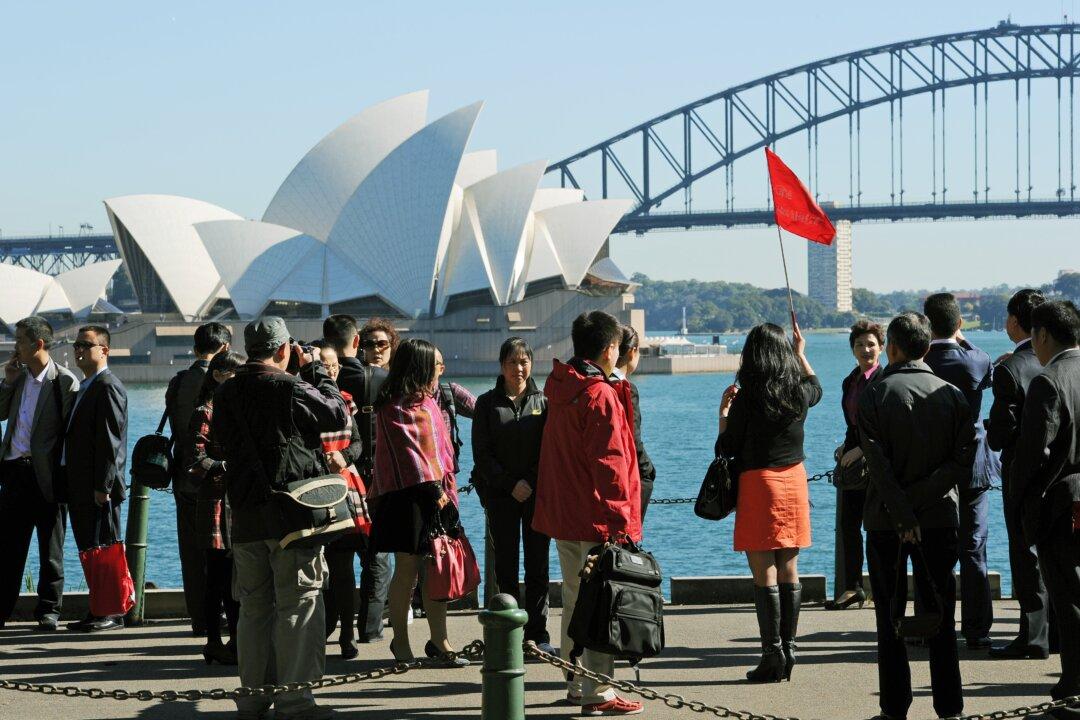Australia’s trade minister has been forced to fend off new accusations from the Chinese Communist Party (CCP), this time from the Ministry of Culture and Tourism claiming people of Chinese or Asian descent are seeing a “significant increase” in discrimination and violence in the country.
“We reject China’s assertions in this statement, which have no basis in fact," Minister for Trade Simon Birmingham told AAP on June 6.





